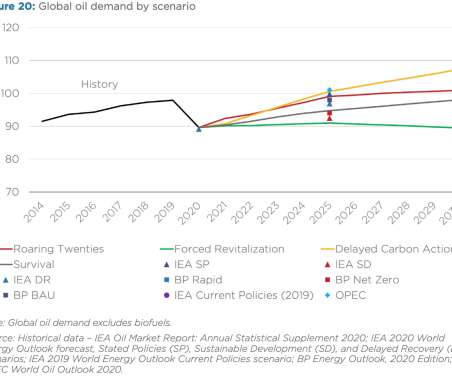Researchers find consumers compensate for fuel-efficient car by buying bigger second vehicle; losing 60% of fuel economy savings
Green Car Congress
SEPTEMBER 27, 2017
An analysis by a team from the University of California, Davis, MIT and Yale suggests that households that buy a fuel-efficient vehicle tend to compensate for that purchase by buying a bigger, more powerful second vehicle. This unintended effect could erode goals of fuel economy standard policies by up to 60%. Just as Anderson et al.






















Let's personalize your content